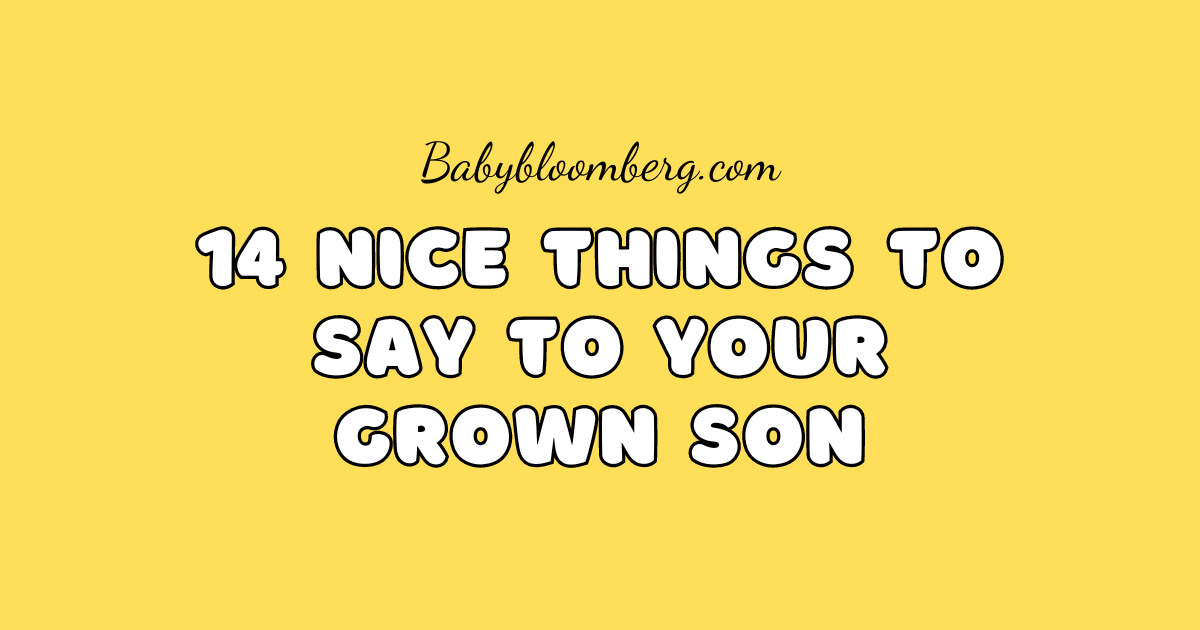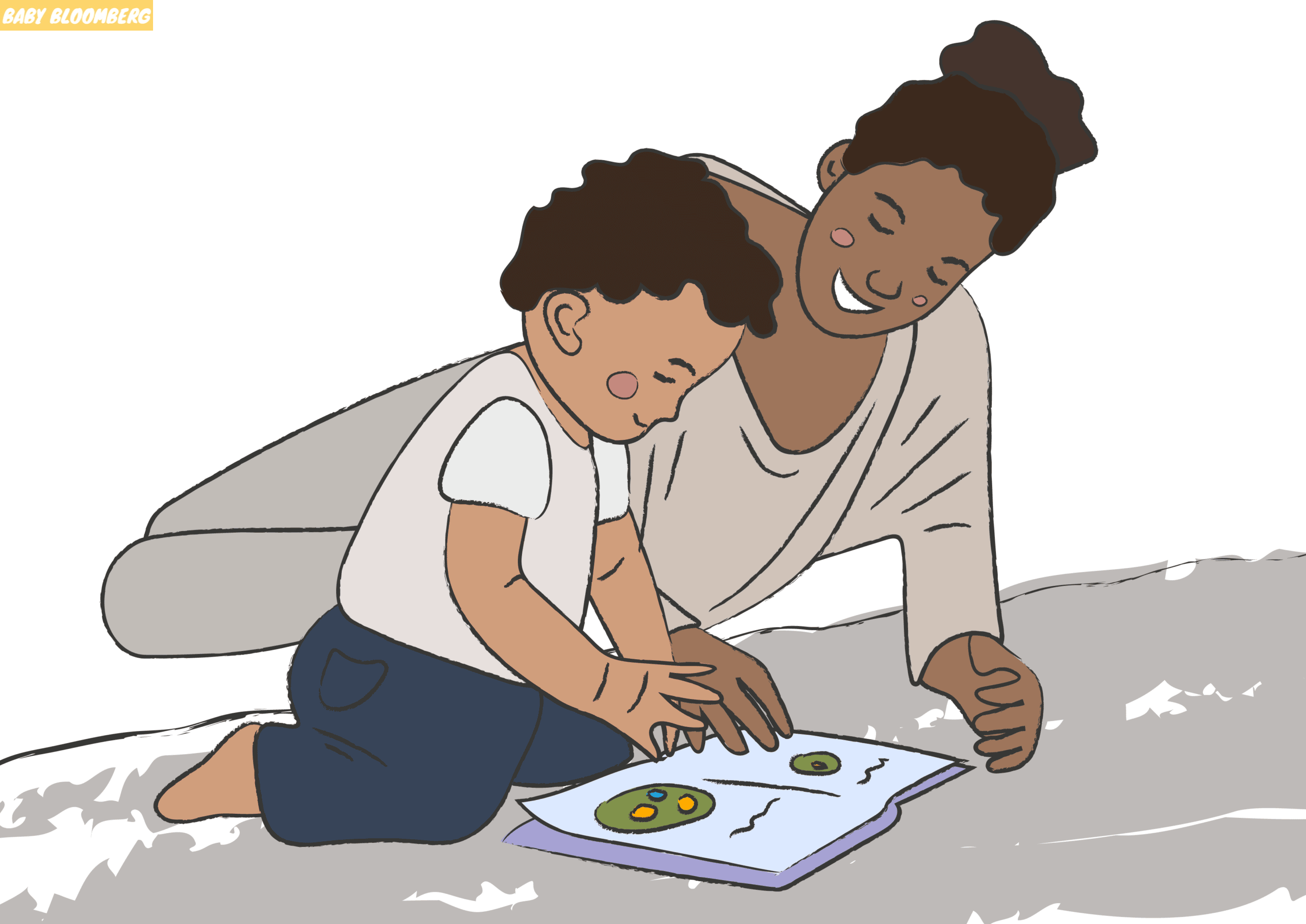Navigating difficult situations with children, especially when they express hurtful statements, requires empathy, understanding, and effective communication. When a daughter says she wishes her parent was dead, it’s crucial to address the root causes, provide support, and seek professional guidance to foster a healthy parent-child relationship. This article delves into the complexities of this issue, offering practical strategies and insights for parents to manage such challenging circumstances.
Understanding the Emotional Turmoil
Children’s hurtful statements often reflect their own emotional struggles rather than a true reflection of their feelings towards their parents. This article aims to guide parents in comprehending the underlying factors behind their daughter’s hurtful words, responding appropriately, and promoting a supportive environment for healing and growth.
Recognizing the Meaning Behind Hurtful Words
Unraveling the Emotional Landscape of Children
- Children’s hurtful statements are often rooted in their inability to articulate complex emotions.
- Frustration, anger, and fear can manifest as harsh words directed at parents.
- Negative life experiences, such as bullying, abuse, or neglect, can contribute to emotional distress and hurtful expressions.
Seeking Attention and Control
- Some children use hurtful words as a means to gain attention from their parents.
- They may crave emotional connection and validation, even if it’s through negative interactions.
- Attempting to control or manipulate situations can lead children to resort to hurtful language.
Projecting Inner Struggles
- Children’s hurtful words can reflect their own insecurities and self-criticism.
- They may project their negative feelings onto their parents as a defense mechanism.
- Unresolved emotional issues within the child can manifest as hurtful expressions.
Addressing the Underlying Causes
- Identifying the root causes of a child’s hurtful statements is essential for effective intervention.
- Open communication, active listening, and seeking professional guidance can help uncover these underlying issues.
- Addressing underlying emotional, behavioral, or environmental factors can promote healing and positive change.
Responding with Empathy and Guidance
Maintaining Calmness and Composure
- Reacting with anger or defensiveness can escalate the situation and reinforce negative patterns.
- Stay calm, composed, and avoid taking the child’s words personally.
- Demonstrate emotional regulation and model appropriate ways of handling difficult emotions.
Active Listening and Validation
- Listen attentively to your daughter’s words without interrupting or dismissing her feelings.
- Validate her emotions, even if you disagree with her statements.
- Acknowledging her feelings helps her feel heard and understood.
Setting Boundaries and Consequences
- Establish clear boundaries and consequences for hurtful language and behavior.
- Explain why such language is unacceptable and provide alternative ways to express emotions.
- Consistency in enforcing boundaries helps children learn appropriate behaviors.
Promoting Positive Communication
- Encourage open and honest communication within the family.
- Create a safe space where children feel comfortable expressing their thoughts and feelings.
- Use positive reinforcement to reward appropriate behavior and communication.
Seeking Professional Support
- Consider seeking the guidance of a therapist or counselor to address underlying emotional issues.
- A professional can provide a safe space for your daughter to process her emotions and develop coping mechanisms.
- Family therapy sessions can also help improve communication and resolve conflicts within the family.
Nurturing a Supportive and Healing Environment
Fostering Emotional Connection
- Spend quality time with your daughter engaging in activities she enjoys.
- Show physical affection, such as hugs or holding hands, to demonstrate your love and support.
- Create a nurturing and supportive environment where she feels safe and valued.
Modeling Positive Behavior
- Children learn by observing their parents’ behavior.
- Model empathy, kindness, and respectful communication in your interactions with your daughter.
- Demonstrate healthy ways of expressing emotions and resolving conflicts.
Encouraging Self-Care
- Encourage your daughter to engage in self-care activities that promote her well-being.
- This can include exercise, healthy eating, getting enough sleep, and practicing relaxation techniques.
- Self-care helps children manage stress and develop resilience.
Seeking External Support
- Reach out to family members, friends, or support groups for guidance and emotional support.
- Sharing your experiences with others who have faced similar challenges can provide valuable insights and coping strategies.
- Support networks can help you navigate difficult times and promote your own well-being.
FAQs:
- Q: Why does my daughter say she wishes I was dead? A: Children’s hurtful statements often reflect their own emotional struggles, such as frustration, anger, or fear. They may also use such language to seek attention, control, or project their inner struggles.
- Q: How should I respond when my daughter says she wishes I was dead? A: Remain calm, listen attentively, and validate her emotions without taking them personally. Set boundaries and consequences for hurtful language, and promote positive communication. Consider seeking professional support if needed.
- Q: What can I do to prevent my daughter from saying hurtful things? A: Foster a supportive and nurturing environment, model positive behavior, encourage self-care, and seek external support when needed. Open communication and addressing underlying emotional issues can help prevent hurtful statements.
- Q: How can I help my daughter cope with her emotions and express them in a healthy way? A: Encourage her to talk about her feelings, validate her emotions, and teach her appropriate ways to express herself. Provide opportunities for physical activity, creative expression, and relaxation techniques to help her manage stress and develop emotional resilience.
- Q: How can I improve communication with my daughter? A: Create a safe space where she feels comfortable sharing her thoughts and feelings. Practice active listening, show empathy, and avoid interrupting or dismissing her. Use positive reinforcement to reward appropriate communication and behavior.
Conclusion
Navigating a situation where your daughter says she wishes you were dead requires empathy, understanding, and effective communication. By recognizing the meaning behind hurtful words, responding with calmness and guidance, and nurturing a supportive environment, you can help your daughter address her underlying emotional struggles and promote a healthy parent-child relationship. Remember that seeking professional support and external support networks can provide valuable guidance and resources during challenging times.
Key Takeaways:
- Children’s hurtful statements often reflect their own emotional struggles, not a true reflection of their feelings towards their parents.
- Remain calm, listen attentively, and validate your daughter’s emotions without taking them personally.
- Set boundaries and consequences for hurtful language, and promote positive communication.
- Fostera supportiveandnurturingenvironment,modelpositivebehavior,encourageself-care,andseekexternal support when needed.
- Seeking professional support can help your daughter address her underlying emotional struggles and develop coping mechanisms.











